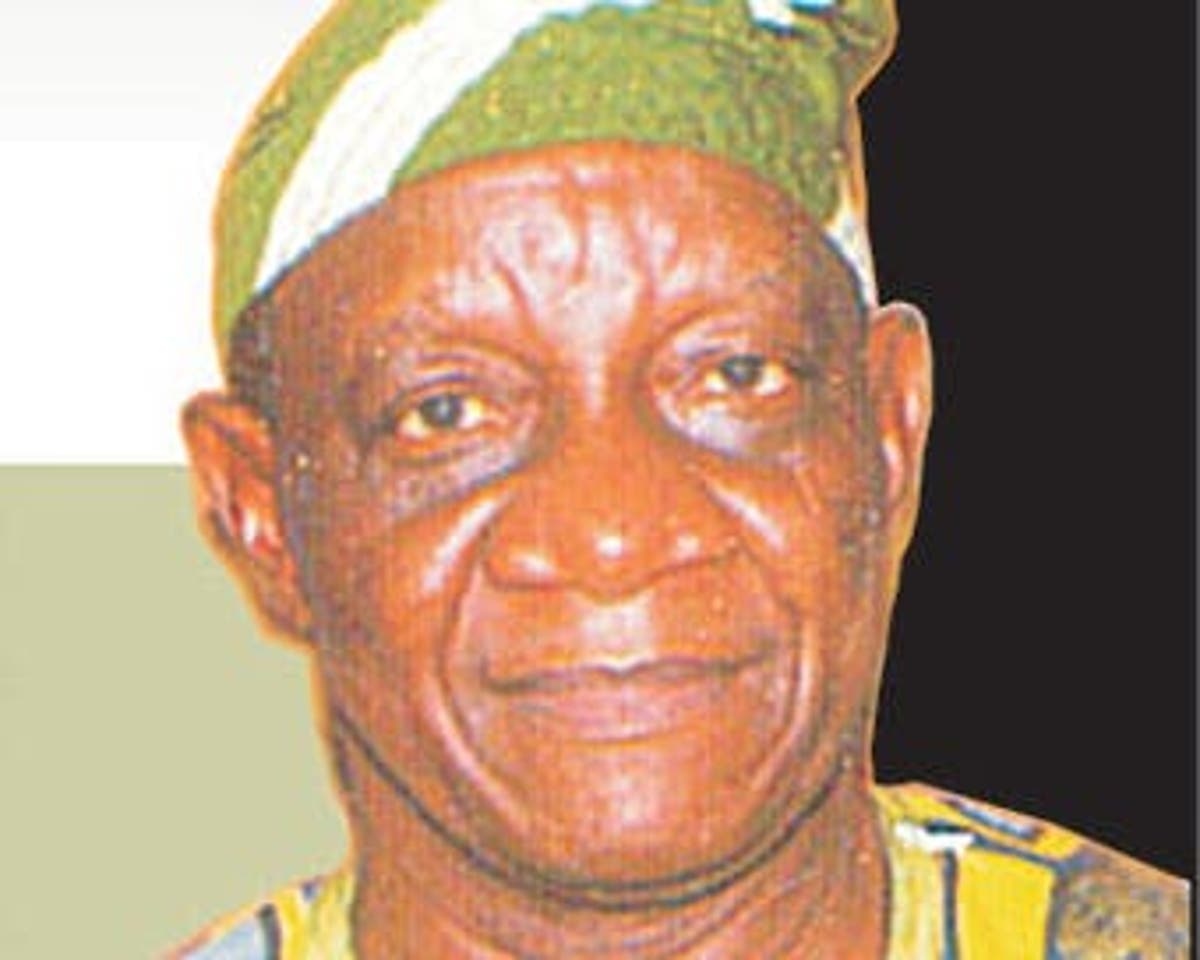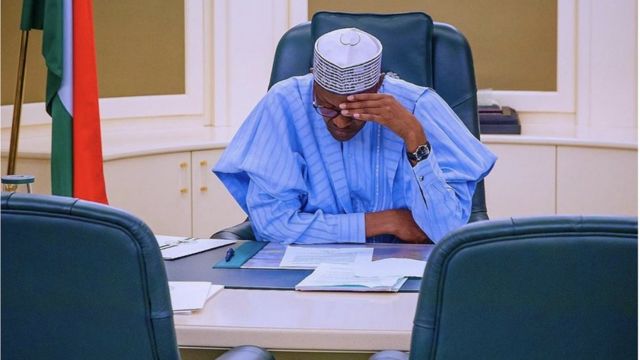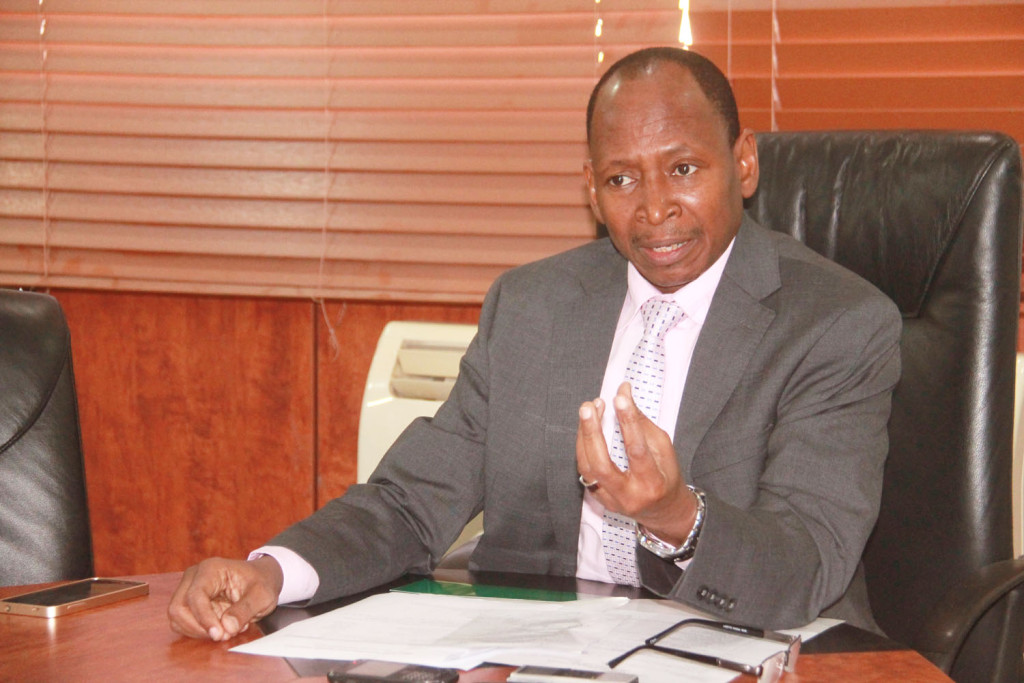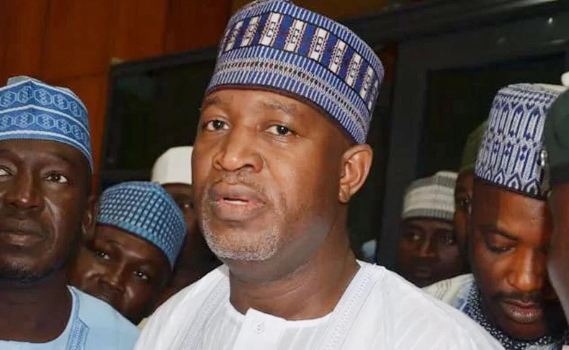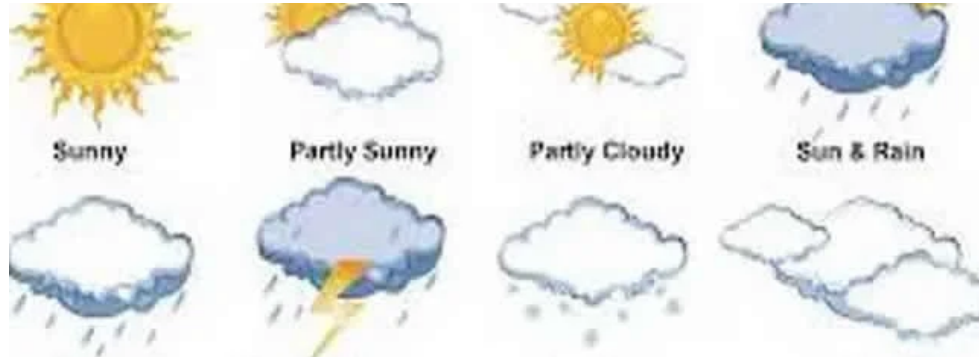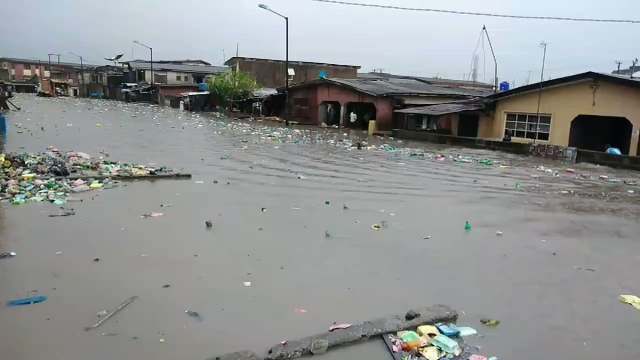By Dele Sobowale
The Value Added Tax, VAT, dispute has taken centre-stage in the nation’s political agenda. Rivers and Lagos states have challenged the right of the Federal Internal Revenue Service, FIRS, to collect VAT exclusively. Rivers State dragged the FIRS to a Federal High Court, FHC, in Portharcourt and received a favourable decision in that regard. Other states have since joined the fray. That is most surprising. Only three states – Lagos, Rivers and Ogun readily stand to gain if the FHC’s decision is upheld all the way to the Supreme Court, SC. The wave of euphoria observed in the South is probably premature. In a matter like this, it is the final battle that counts. And, we are still a long way from that.
Meanwhile, Nigerians, especially the Southern elite, never cease to amaze me. On several occasions such as this, when Southern interest is directly opposed to that of the North, we celebrate our temporary victories only to end up losing the decisive battle. I will urge those dancing in the streets, as well as those dancing naked in the market place, to go and sit down; look at the composition of the SC and tell me if they see a chance for victory there. I hate to spoil their party.
Furthermore, I am amused that despite the fact that only three states will gain, indigenes of Southern states which will lose revenue are among those getting drunk in the celebration of a victory not yet assured.They include professors, Senior Advocates of Nigeria, columnists and Editors, who, while being half correct,that the principle of true federalism is being upheld,forget that it is the revenue the states will collecteventually that matters. Let any of our erudite elites or SANs go to the Main Market in his state capital and announce to the traders that he has brought good news. “The FHC has upheld fiscal federalism. Henceforth Lagos will receive N120 billion more per annum, but, our state will receive N10 billion less.” It is doubtful if he will leave the scene intact without police escort. True federalism is an abstraction. You cannot ask the people of your state to rejoice that they are going to lose money on account of a court judgment which favoured only three states. How does this decision favour Ebonyi or Ekiti? People should put on their thinking caps!!
However, that is only a long preamble to the main issue today. There must be something wrong with the leaders of our private sector who behave as if this matter does not concern us. Nobody seems to notice that the struggle for revenue control is only about who will spend it; not if it will not be embezzled as usual. Nothing in that judgment forbids the state governments from appointing “consultants” to collect the tax and pocket half of it; or forbids the Governor from making his mother’s residence the “clearing house” for all contracts. The entire palaver is about whether FIRS or Governors should collect VAT.
Yet, most of the revenue from which VAT is derived originates from the private sector. We are major stakeholders as individuals and as corporate entities. Noticeably, we were not consulted. The Organised Private Sector, OPS, under the leadership of Chief Ernest Shonekan, Chairman/Managing Director of the UAC of Nigeria, ably supported by Dr Omolayole of Lever Brothers, Chief Eze of John Holt among others, would not have kept quiet for so long. They could foresee trouble from miles away. They would have seen that this matter is setting us back about 30 years. It is going to add significantly to the cost of doing business; increase possibilities of tax avoidance and tax fraud, as well as, make tax audit a nightmare. For Nigerian businesses, tottering on the edge of collapse, this might be the final straw.
So far, only the Institute of Chartered Accountants, ICAN, has counselled caution on this issue. What might be regarded as a legal victory could end up as the triumph of ignorance over practical fiscal sense. Accountants and the Sales/Marketing people will bear the brunt of the additional work load that this new measure will entail. So, it is only natural that ICAN should speak up first. Other managers in companies better raise their voices before the roof caves in on them. There are reasons for my concern for the private sector. I was a victim of taxes paid to large number of states and Local Governments in the 1970sto 1980s. Let me again repeat the history for our readers.
There were twelve states in 1974 when I returned to Nigeria. Added to these were Lagos Federal Capital Territory; making thirteen tax authorities. Each had its own Sales Tax law – with which we complied as best as we could. In 1975, seven new states were created; bringing the number of tax authorities to twenty. The accounts department was forced to add fifty per cent more staff – just to cope with the increased workload. Each state reserved the right to send auditors, with or without notice, to audit the company’s accounts.
In 1987, two more states were created. In addition, the Federal Capital Territory was already functioning. That brought the number of tax authorities to twenty three. In all these, the reader must remember that sales turnover was not increasing on account of states creation; it was the cost of computing and paying tax to them that was going through the roof. The year 1991 was a watershed. Nine more states were created to bring the number to 30. Long term employees in the accounts departments of many firms were working to the point of breakdown in order to keep up with sales tax accounts calculation and payments to be dispatched to 32 destinations.
As can be expected, there were disputes between states and companies. In some cases, companies closed offices in some states to reduce the burden of preparing taxes; the states were often not in position to know if they were underpaid or not; negotiations occurred invariably favouring the firms and corruption set in.
It was this unsustainable situation which prompted the search for a new method of generating and collecting sales taxes. Contrary to conventional wisdom, it was not the Federal Government alone which wanted VAT. Virtually, all the stakeholders wanted it. And only God knows what would have happened when on October 1, 1996, General Abacha created six more states – if VAT had not been adopted earlier. Those writing out of ignorance, castigating the FG for wanting to keep the states poor by collecting VAT, were probably not old enough, nor knowledgeable enough to know that the states voluntarily handed the assignment to the FG.
To me, it is understandable why the states now want to collect VAT. I recollect going to Abuja shortly after the VAT Decree was signed by President Babangida to meet the first Director General. The budget for the next year was N5 billion for the entire country. Mr Zukogi (I hope that is the correct name because I am away from my records) lamented that he had been punished by his enemies. “Nigeria can never generate N5 billion in one year”, he declared. I disagreed. I told him that N20 to N30 billion was a strong possibility. He smiled derisively before saying, “You Americanas think everything is possible”.
Certainly, there would no controversy over VAT today if all we generate is N30 billion a year. States would have been too eager to leave the FG with the burden of collection. N1.5 trillion is big enough to make everyone avaricious. But, the OPS must step forward now. It is our money they are fighting over. Better to pay one entity than 38. Damn it.
P.S. Given the sharp division in the polity, it is easy to understand why some of us forget that the current FG, despite its faults, is also our own.
Attachments area
